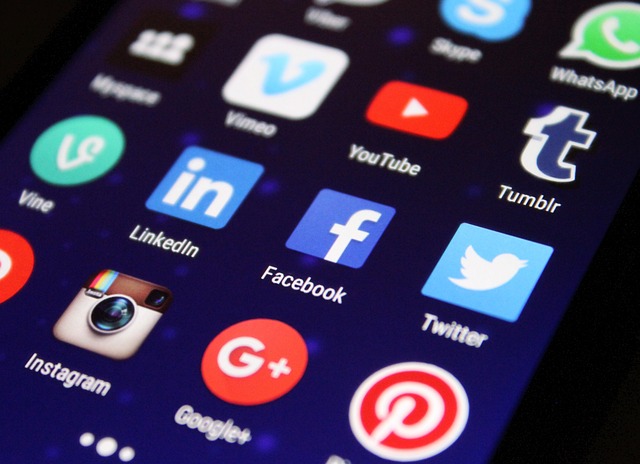The Role of Social Media in Addiction Recovery
In today’s digital age, social media has become a cornerstone of our daily interactions, influencing how we connect, share, and seek support. For individuals navigating the challenging path of addiction recovery, social media’s role is complex and profound. Understanding the effectiveness of social media in this context is essential to grasp both its potential benefits and pitfalls.
Social Media Impact on Recovery
The influence of social media on addiction recovery is multifaceted. On one hand, platforms like Facebook, Instagram, and specialized forums offer communities of support where individuals can share their journeys, celebrate milestones, and access valuable resources. These online support networks can combat feelings of isolation—often a significant hurdle in recovery—by fostering a sense of belonging and understanding among peers who face similar struggles.
Moreover, social media provides instant access to motivational content, educational materials, and expert advice that reinforces coping strategies. Success stories and positive affirmations circulating on these platforms can inspire hope and resilience when the recovery journey feels daunting.
The Effectiveness of Social Media in Addiction Recovery
The effectiveness of social media in addiction recovery largely depends on mindful engagement. When used intentionally, social media acts as a powerful tool for connection and encouragement. It allows for 24/7 access to communities and resources without geographical limitations, breaking down barriers that traditional support systems might face.
However, it is important to recognize potential challenges. Social media can sometimes expose vulnerable individuals to triggering content or negative interactions that might hinder progress. Overuse or unhealthy comparison can also spark feelings of inadequacy or stress. Therefore, balancing online participation with offline recovery activities and professional support is crucial.
Harnessing Social Media for Positive Outcomes
To maximize the benefits of social media in addiction recovery, individuals can curate their feeds to prioritize supportive groups and inspiring content while unfollowing or muting triggers. Engaging actively in recovery-focused communities creates opportunities for sharing advice, celebrating wins, and maintaining accountability.
Additionally, platforms increasingly offer features and resources designed specifically for mental health and recovery support, reflecting a growing recognition of the effectiveness of social media to positively shape recovery experiences.
Ultimately, social media is a double-edged sword in addiction recovery. When approached with awareness and intention, it can act as a bridge to connection, hope, and empowerment on the healing path.



